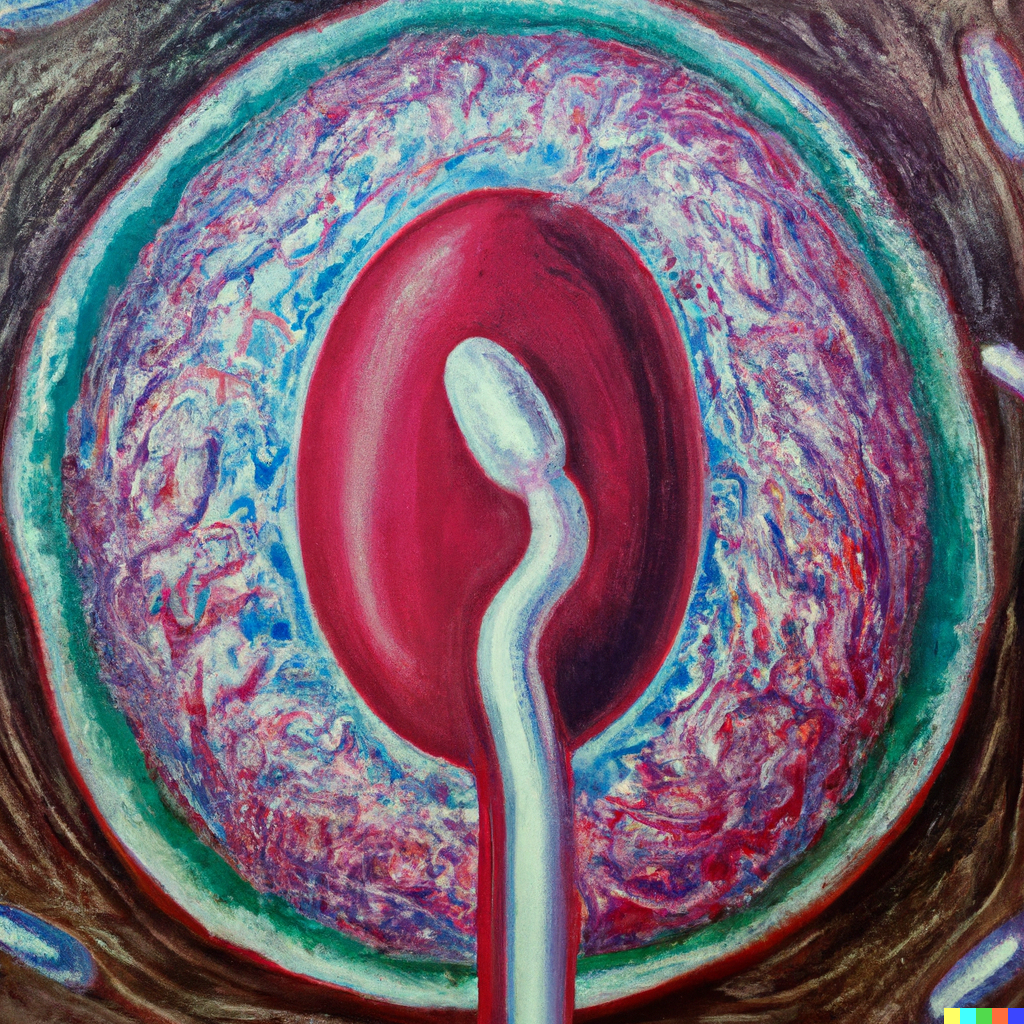IUI vs IVF: Which fertility treatment is right for you?

I often get asked about the differences between intrauterine insemination (IUI) and in vitro fertilization (IVF). While both treatments are designed to help couples conceive, they are quite different in terms of their process, timeline, potential risks, big-picture implications, and success rates.
Intrauterine Insemination (IUI)
IUI is a fertility treatment that involves placing sperm directly into a woman’s uterus to improve the chances of fertilization. This is often used as a first-line treatment for couples who are experiencing infertility due to factors such as sperm motility issues or unexplained infertility. IUI is often paired with ovulation induction to either regulate the cycle or boost one’s chance of success per cycle by improving the odds of releasing more than one egg.
The process of “medicated IUI” involves stimulating the woman’s ovaries with medication to encourage the development of multiple eggs. Once the eggs reach a certain size, a trigger shot may be administered to cause ovulation. Within a short time frame (24-36 hours) a semen sample is washed and concentrated to obtain the healthiest and most active sperm. The concentrated sperm is then placed directly into the top half of the uterus using a thin catheter, which is inserted through the cervix. The entire process takes just a few minutes and is typically painless.
IUI is less invasive and less expensive than IVF. It also requires less medication, and there is no need for surgery or anesthesia. However, the success rates for IUI are lower than those of IVF, with pregnancy rates ranging from 5-20% per cycle depending on the patient’s age, fertility status, and other factors.
In Vitro Fertilization (IVF)
IVF is a more complex fertility treatment that involves retrieving eggs from the ovaries and fertilizing them with sperm in a laboratory setting. The fertilized embryos are then transferred back into the uterus for implantation. This treatment is typically recommended for couples who have more severe infertility issues, such as blocked Fallopian tubes or low sperm count. IVF is also a great option for women over 35 as it allows for genetic testing of embryos to select the healthiest one for transfer and reduce the risk of miscarriage.
The IVF process involves several steps. First, the woman’s ovaries are stimulated with medication to produce multiple eggs. These eggs are then retrieved using a minor surgery called an Egg Retrieval, and they are fertilized with sperm in a laboratory dish. The fertilized eggs are grown into embryos for 3-7 days after which time embryos can be transferred or frozen for future use. Before freezing, a biopsy can be taken for genetically testing the embryos (PGT).
IVF is a more invasive and expensive treatment compared to IUI, with a success rate ranging from 40-50% per cycle. Per genetically tested and normal embryos, the rate of live birth for an embryo transfer of a single embryo can be as high as 60-70% chance. However, IVF is also more effective for certain types of infertility, such as male factor infertility or advanced maternal age.
Which treatment is right for you?
Ultimately, the choice between IUI and IVF depends on your individual situation and needs. Your REI will take into account factors such as your age, fertility status, medical history, family building goals, and financial situation when recommending a treatment plan.
If you are younger, have no obvious fertility issues, and have been trying to conceive for less than a year, IUI may be a good option. However, if you have been trying to conceive for more than a year or have more significant fertility issues, such as blocked Fallopian tubes or low sperm count, or are older than 35, or especially 38 and want more than 1 child- IVF may be a better choice. IVF can allow for freezing multiple embryos for future use- and serve as a form of fertility preservation. The duration of time that embryos are frozen has no bearing on reproductive potential. And the age you are when you come back to use your embryos will not impact the ability to get pregnant or chance of miscarriage.
In summary, both IUI and IVF are effective fertility treatments that can help couples conceive. The choice between the two will depend on your individual circumstances, and you should discuss your options with a fertility specialist to determine the best course of action for you.
My name is Lucky Sekhon and I'm a double board-certified OBGYN, and Reproductive Endocrinologist & Infertility specialist practicing at RMA of New York. My mission is to empower women with practical and scientifically accurate information to make the right fertility decisions for themselves.
Follow me on Instagram to keep up to date with my fertility related posts and content.

